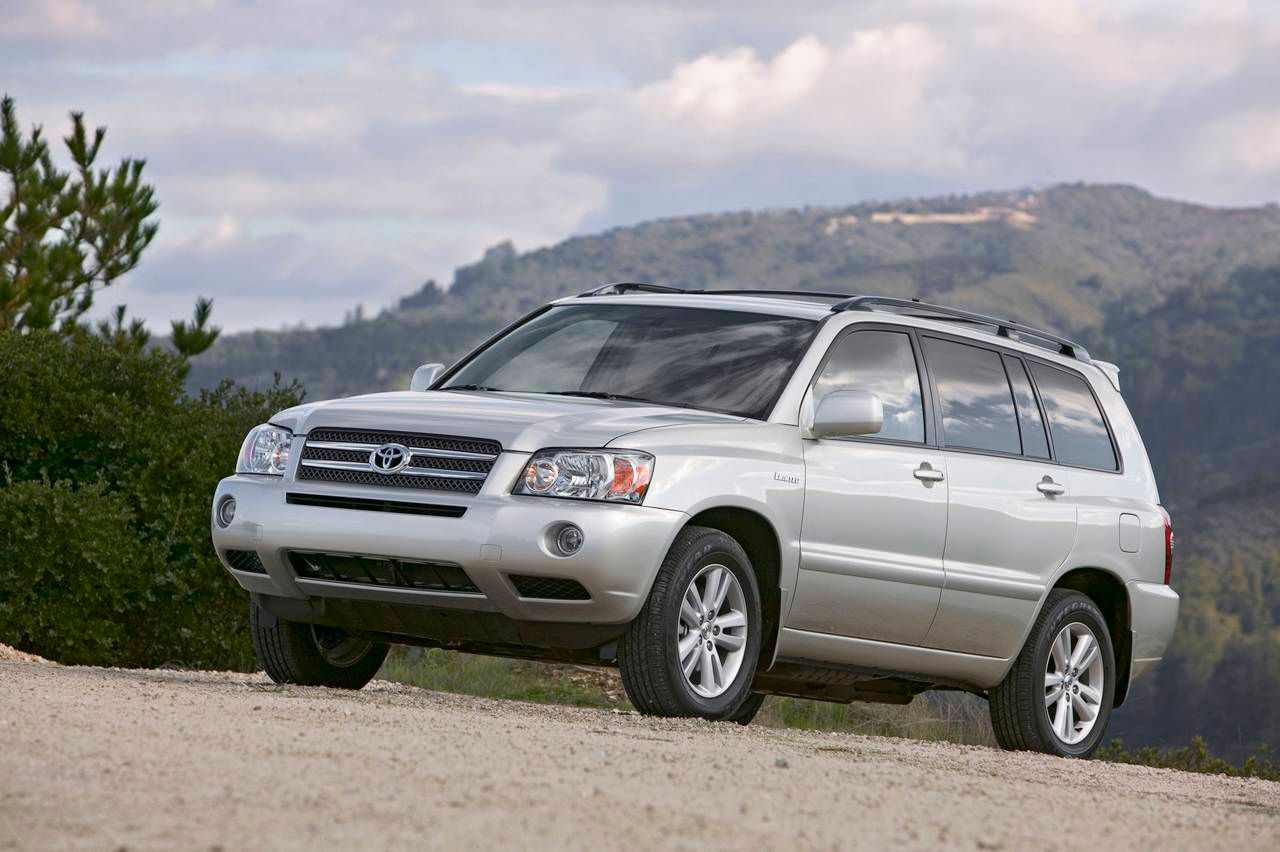If one of your New Year's resolutions is to buy a hybrid car, you'll have to walk through dealer showrooms in the dark about what tax breaks to expect. A law establishing a new set of tax credits for hybrids went into effect on January 1, but the Internal Revenue Service has not yet issued the specific rules that stipulate what the tax credit will be for each vehicle.
"We have attorneys working on it, and we're trying to get it out as quickly as possible," says IRS spokeswoman Nancy Mathis. She adds that consumers won't need to know the exact value of the credit until they file their 2006 taxes next year. But hybrid advocates are concerned, because consumers won't be able to comparison shop as easily as they would if they knew the exact tax savings.
Under the complex system Congress dreamed up in the law, each car will carry a different tax credit, depending on its fuel economy, weight, and tailpipe pollution. "To be fair, the law is very complicated," says Kateri Callahan, executive director of the Alliance to Save Energy, which promotes fuel efficiency. "However, it is the IRS's obligation to issue guidelines and give direction immediately."
For now, the best information available is an estimate of the possible tax credits, developed by the American Council for an Energy Efficient Economy :
Current Models
Make
Model
Estimated Tax Credit
Ford
Escape Hybrid (2wd)
$2,600
Ford
Escape Hybrid (4wd)
$1,950
Honda
Accord Hybrid
$650
Honda
Civic Hybrid
$2,100
Honda
Civic Hybrid
$1.700
Honda
Insight (auto)
$2,600
Lexus
RX400h
$2,200
Mercury
Mariner Hybrid
$1,950
Toyota
Highlander Hybrid (2wd)
$2,600
Toyota
Highlander Hybrid (4wd)
$2,200
Toyota
Prius
$3,150
Upcoming Models (based on estimated specs)
Chevrolet/GMC
Silverado/Sierra
$250
Chevrolet/GMC
Silverado/Sierra
$250
Lexus
GS450h
$1,300
Nissan
Altima
$1,300
Toyota
Camry
$1,300
Again, these are estimates. We will need to wait for official announcements from the I.R.S. to determine exact hybrid tax credit amounts. The basic rules:
- Purchase and take delivery of a qualifying vehicle on or after Jan. 1, 2006.
- Purchase the vehicle new, not used.
- Purchase the vehicle with the intention of using it, not re-selling it.
These rules are relatively straight-forward. But there's more that's a bit foggy:
- The new tax credit sets a limit of 60,000 hybrids per carmaker. After hitting that mark (apparently based on the quantity of hybrid vehicles manufactured and delivered to dealerships, rather than hybrids actually sold), the credits for those hybrids will phase out over a 15-month period. Exactly when those limits are hit, and the resulting amounts of the credits during the phase-out period, is unclear. According to Toyota, "the reductions may begin to apply as early as deliveries after either June 30, 2006 or September 30, 2006." The reductions may begin to apply for Honda hybrids later in 2006 or early 2007.
- The tax law probably does not allow a taxpayer to lease a qualifying vehicle, but some language in the Energy Act's provision about the tax credit make mention of "lessor." The IRS has apparently not made a final determination, but it's advisable not to lease if you want to take advantage of the tax credit.
- The new law for the hybrid tax credit might require taxpayers to recapture their hybrid tax credit if they re-sell their hybrid car or truck.
For more information : http://www.irs.gov/newsroom/article/0,,id=104549,00.html

